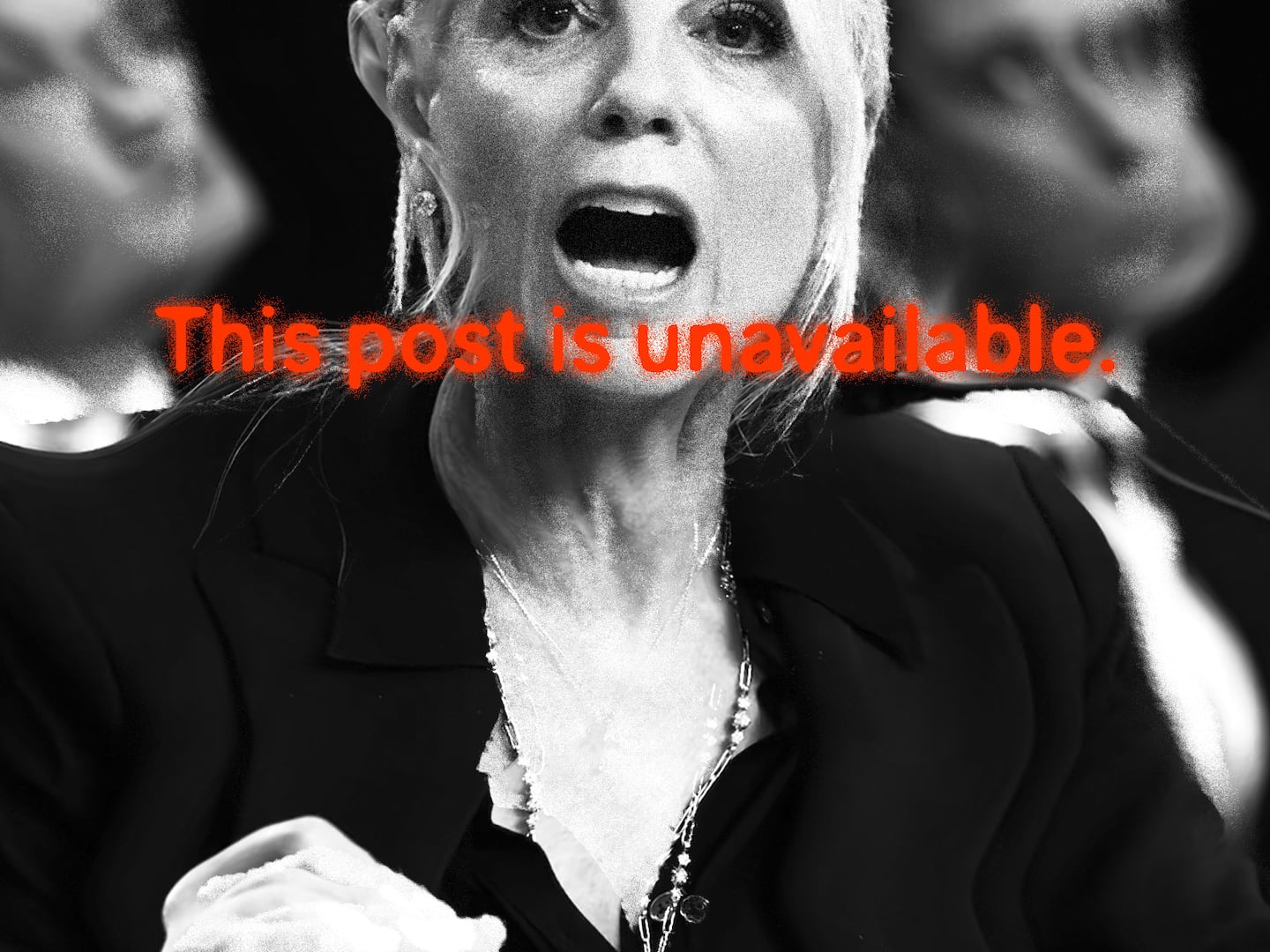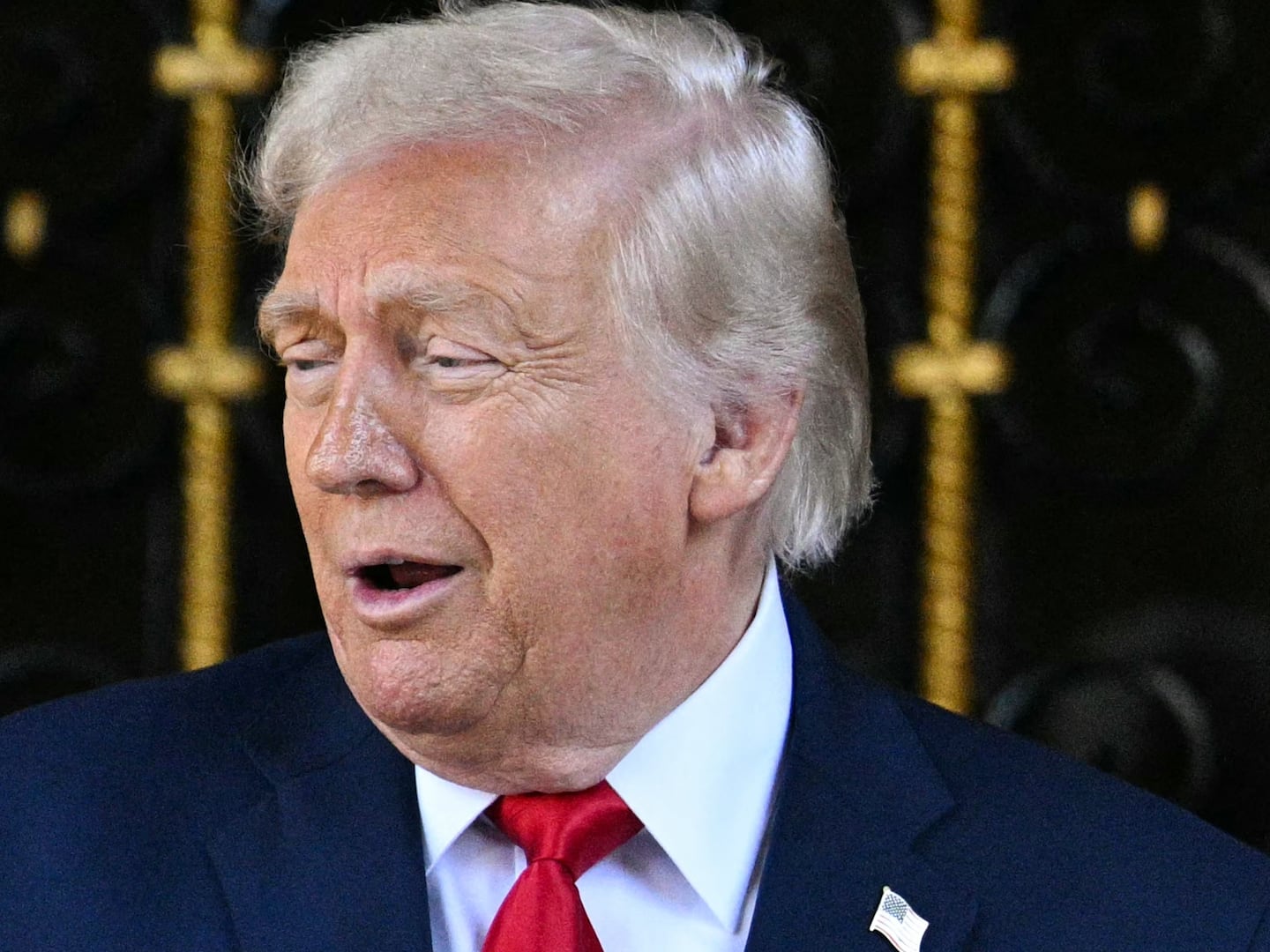
Maybe President Obama wasn’t so naïve to think it is a good idea to talk to your adversaries.
After one day of negotiations between Iran and the five permanent members of the U.N. Security Council plus Germany, Iran not only has relented to international pressure to open its recently revealed uranium enrichment plant near the city of Qom to U.N. inspectors, it has gone one step further, vowing to ship nearly its entire stockpile of low enriched uranium—2,600 pounds of material, or about 75 percent of Iran’s entire cache—to Russia and France for processing. The processed nuclear fuel would then be shipped back to Iran where it would be used, again under U.N. monitoring, to produce medical isotopes. Iran even has offered to buy the processed fuel directly from U.S. companies as a first step toward normalizing trade relations.
The bottom line is this: Eight years of a previous administration that refused to talk to Iran provided Iran with eight years worth of enriched uranium.
As Michael Adler reported Wednesday in The Daily Beast, the agreement means that Iran would no longer have enough uranium to make a nuclear weapon.
Although the idea of processing Iran’s enriched uranium somewhere outside the country was floated years ago, reports from Geneva, where the high-level talks took place, indicate that it was the Iranians who brought up the plan, possibly as a confidence-building measure to ensure that talks with the U.S. will continue through the end of the year.
Now there is word from Vienna that the head of the International Atomic Energy Agency, Mohamed ElBaradei, will head to Tehran over the weekend to begin negotiating the details of the agency’s inspection of the Qom facility.
• The Daily Beast’s Michael Adler: Exclusive Iran Nuke Deal Details• The Daily Beast’s Reihan Salam: America Is Getting Hustled• Gary Sick: Real Progress with Iran While it remains to be seen whether Iran will live up to its agreement, it is difficult to ignore what may be a major breakthrough in U.S.-Iran relations. Indeed, the most significant occurrence at the Geneva talks may not have been the agreement on Iran’s low enriched uranium but the brief bilateral talks that occurred between Undersecretary of State William Burns—the No. 3 man in the State Department—and Iran’s chief nuclear negotiator, Saeed Jalili, during a break in the official proceedings: the first such talks between the two countries in more than 30 years.
Still, American officials were cautious in their optimism, declaring immediately after the session in Geneva that Iran must not only provide inspectors with “unfettered access” to its nuclear sites, it must also hand over all documents relating to its missile program and arrange for its nuclear scientists to be questioned by the IAEA. The agency originally spelled out these demands in a 2008 report on Iran’s nuclear activity that demanded “information and documentation, and access to individuals, in support of…the civil and conventional military applications” of Iran’s missile program.
That is where things are going to get tricky.
There is no way Iran is going agree to those terms—because the IAEA is, in effect, asking for immediate access to its conventional military technology and national security secrets, something no nation on earth would voluntarily give up. Even the IAEA recognizes the dilemma of asking Iran to turn over its military secrets. One IAEA official, when asked whether the agency’s request would compromise Iran’s national security, acknowledged that “all verification is a compromise of national security.”
Making matters worse is the repeated leaks of information previously gathered by the IAEA on Iran’s military technology to intelligence agencies in the U.S. and Israel. As the Asia Times reported last week, 10 of the 35 members of the U.S. mission to the United Nations in Vienna in the 1990s were CIA agents.
Obviously both the U.S. and Israel would love to get their hands on Iran’s missile designs so they can use the information to bolster their own missile defense technology and to combat Iran’s missile capabilities. Such an outcome is something Iran, which sees both countries as a threat to its national security, will simply not allow. In fact, Iran’s ambassador to the United Nations in Vienna, Ali Asghar Soltanieh, appeared to rule out the possibility altogether in a letter to the IAEA that accused the agency of “interference in confidential conventional military activities of a member state, related to its national security…”
All of this is to say that we are far from dealing with the most intractable issues dividing the U.S. and Iran, which is why hardliners in the U.S. and in Israel are already balking at the agreement hashed out in Geneva.
But the bottom line is this: Eight years of a previous administration that refused to talk to Iran provided Iran with eight years worth of enriched uranium.
One afternoon of negotiations between this administration and Iran and that stockpile of enriched uranium could soon be reduced by 75 percent.
Not a bad start.
Reza Aslan, a contributor to the Daily Beast, is assistant professor of creative writing at the University of California, Riverside and senior fellow at the Orfalea Center on Global and International Studies at UC Santa Barbara. He is the author of the bestsellerNo god but God and How to Win a Cosmic War.






